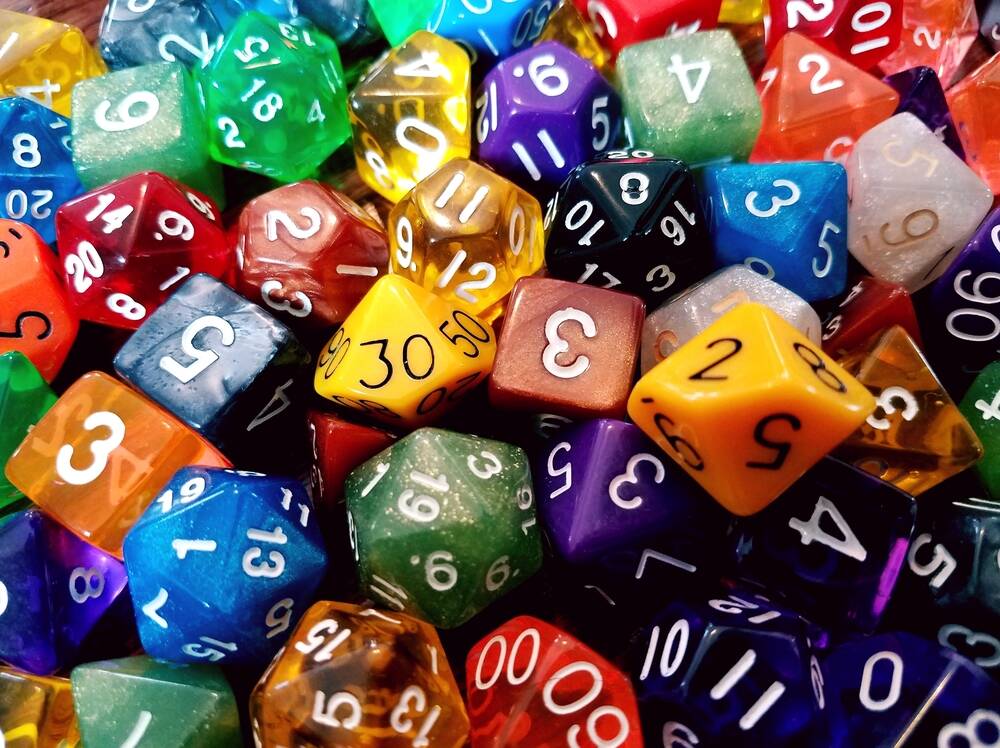Spoof-proof random number generator
-
This post did not contain any content.
-
 S Science shared this topic on
S Science shared this topic on
-
This post did not contain any content.
The Colorado University Randomness Beacon (CURBy) relies on two entangled photons measured at two sites at the same time, 110 meters apart. The sequence of measurement is recorded publicly on a hash chain, which allows observers to detect any attempt to tamper with it. The research team generated random numbers 7,454 times in 40 days and found that a truly random number was generated 7,434 times, which they call a 99.7 percent success rate.
-
The Colorado University Randomness Beacon (CURBy) relies on two entangled photons measured at two sites at the same time, 110 meters apart. The sequence of measurement is recorded publicly on a hash chain, which allows observers to detect any attempt to tamper with it. The research team generated random numbers 7,454 times in 40 days and found that a truly random number was generated 7,434 times, which they call a 99.7 percent success rate.
How do they determine what a “truly” random number is
-
How do they determine what a “truly” random number is
You can’t philosophically in the same precise way you can’t positively prove anything, you prove it is exceedingly improbable for reality not to be as you say it is.
When astronomers talk about “proving” things this is always what they mean, they prove something to the point that it would be near hilariously improbable for the simplicity of their theory to be somehow false compared to the contorted mishmash of other possible explanations that just don’t fit the evidence. That is all that can be really said, philosophically, in the sense that to love science is to never be fooled into thinking science can or should desire to do more.
